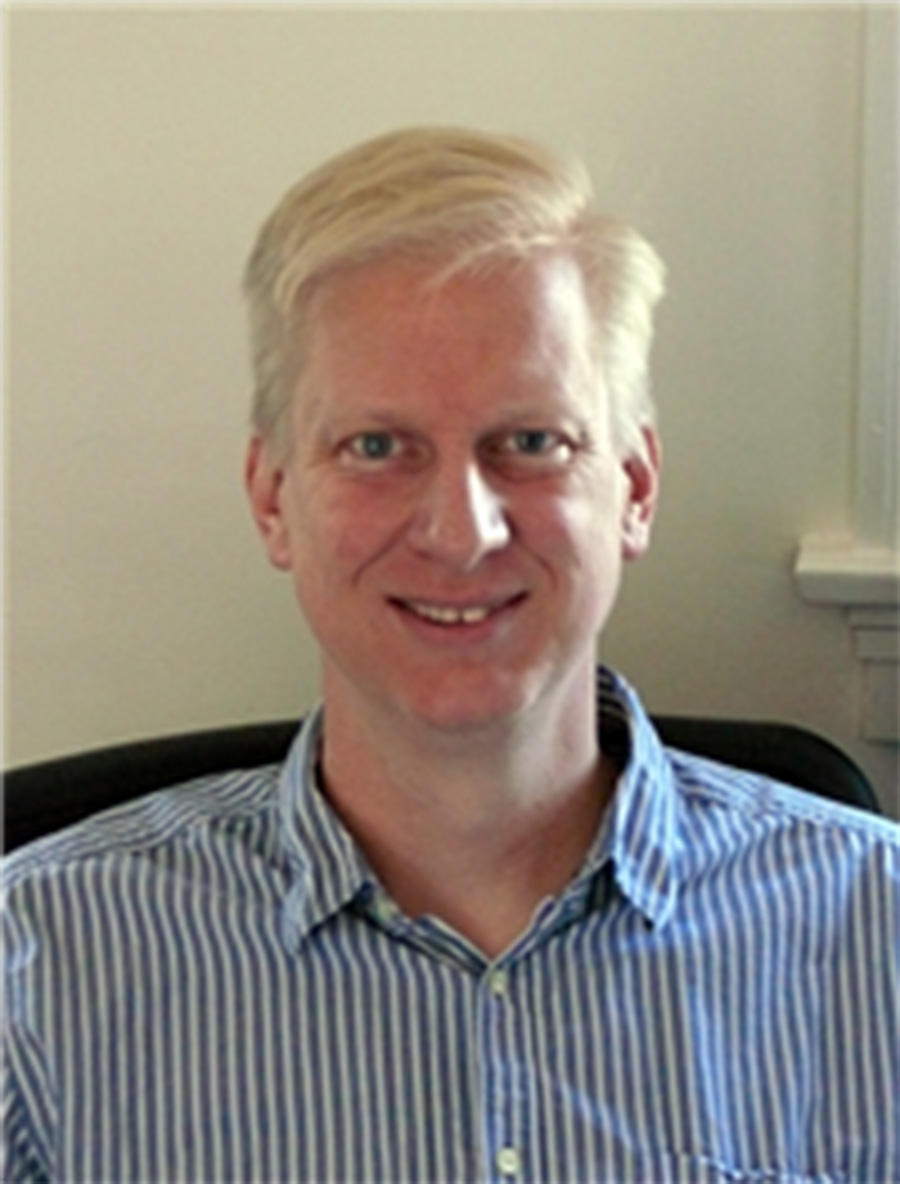非常抱歉,
你要访问的页面不存在,
非常抱歉,
你要访问的页面不存在,
非常抱歉,
你要访问的页面不存在,
验证码:

职称:Assistant Professor
所属学校:Illinois State University
所属院系:Physics
所属专业:Physics, General
联系方式:(309)438-5502
PhD Theoretical Physics - Stony Brook University BA Mathematics - University of Utah
Two of the great revolutions of physics in the 20th century were relativity and quantum mechanics. Combining special relativity and quantum mechanics produced relativistic quantum mechanics or, as it is better known, quantum field theory. As soon as it was created, quantum field theory predicted the existence of antiparticles which were discovered shortly afterwards. Almost a century later, quantum field theory has become a mature field and is the framework within which the Standard Model of particle physics is built. The Standard Model has been extremely successful at predicting and explaining almost all experiments to date, with the most recent success being the spectacular confirmation of the Higgs boson predicted by the Standard Model. Nevertheless, there are many outstanding problems that are not yet accounted for by the Standard Model. Among those are the fine-tuning problem of the Higgs boson, the properties of dark matter, the explanation for dark energy, a detailed understanding of the hierarchy of fermion masses and the abundance of matter but not antimatter in the universe. On the other hand, there are also fundamental problems with quantum field theory itself. It is not able to successfully accommodate gravity at very small scales and therefore appears to be incomplete. Furthermore, new methods of calculating the probability of particle scattering appear to be leading us towards a more fundamental theory of relativistic quantum mechanics opening up new areas of research into fundamental physics.